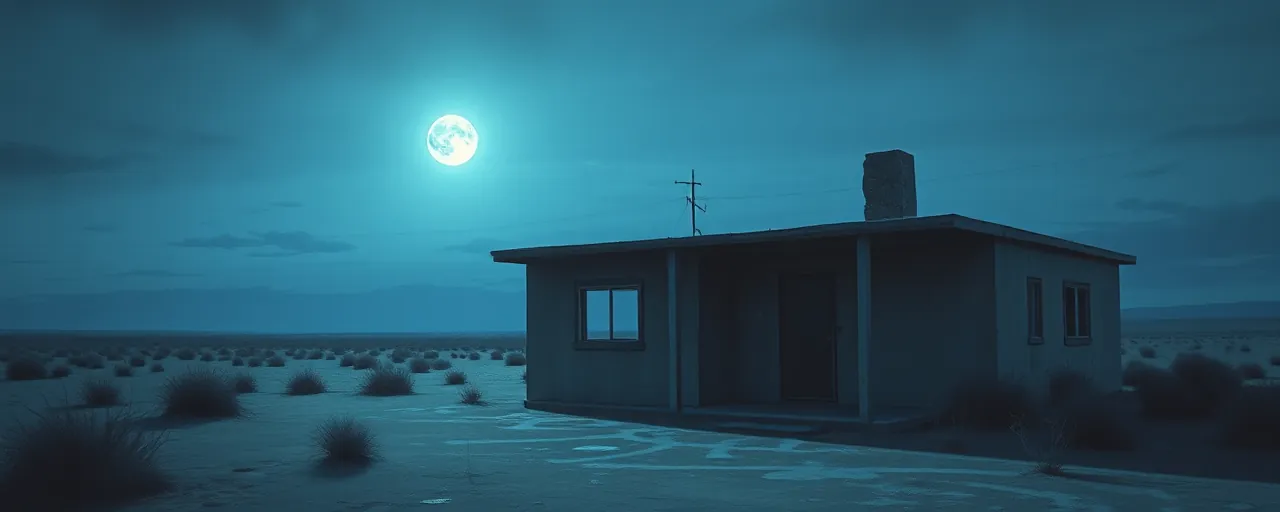A Tragedy That Shouts for Action
In the dead of night on April 6, 2025, a home in Church Rock, New Mexico, became a crime scene that shook the Navajo Nation to its core. An 18-year-old thug, Mario Israel Barraza, allegedly forced his way through a bedroom window, gunned down John Doe, and left Jane Doe clinging to life with multiple bullet wounds. This wasn’t a random act of chaos; it was a calculated attack by a jilted ex-boyfriend with a history of creeping into Jane’s room uninvited. The victims, both Navajo members, deserved safety in their own home. Instead, they got a brutal reminder of how vulnerable our tribal communities remain.
Here’s the gut punch: this isn’t an isolated incident. Violent crime on the Navajo Nation isn’t just a statistic, it’s a screaming alarm that’s been ignored for too long. Barraza’s arrest by the FBI and the U.S. Attorney’s Office in New Mexico is a start, but it’s nowhere near enough. When a young man can break in, shoot up a house, and flee like it’s nothing, we’ve got a problem bigger than one trigger-happy punk. It’s a system failing the very people it’s supposed to protect.
The Navajo Nation’s Crime Crisis
Let’s talk numbers that hit like a freight train. The Navajo Nation, with a population of about 174,000, reports over 2,500 violent crimes every year. That’s 160 rapes, more than 2,300 aggravated assaults, and a homicide rate four times the national average. Four times! Meanwhile, fewer than 205 patrol officers are stretched thin across a territory the size of West Virginia. Response times drag on, equipment’s outdated, and forensic labs? Forget it. This isn’t law enforcement; it’s a skeleton crew playing catch-up with killers.
Firearms, like the one Barraza allegedly used, fuel this carnage. Nationwide, guns account for 78% of homicides, and that number’s been climbing since 2020. In Indian Country, the stakes are higher, the resources scarcer. Add alcohol, a notorious player in Navajo crime stats, and you’ve got a recipe for disaster. Barraza’s no mastermind; he’s a symptom of a deeper rot. And while the feds pat themselves on the back for nabbing him, Navajo families are left wondering who’s next.
Washington’s Empty Promises
The FBI’s ‘Operation Not Forgotten’ sounds noble, digging into cold cases across Indian Country. But let’s not kid ourselves; it’s a Band-Aid on a gaping wound. Federal jurisdiction over tribal lands, cemented by the Major Crimes Act of 1885, was supposed to bring justice. Instead, it’s a bureaucratic mess. The Supreme Court’s Oklahoma v. Castro-Huerta ruling in 2022 tossed states into the mix, letting them prosecute non-Natives like Barraza without tribal say-so. Sovereignty? More like a punching bag for D.C. and statehouse meddlers.
Advocates for bigger government will cry that more funding’s the fix. They’ll point to the Violence Against Women Act, claiming it empowers tribes. Nice try. Native women, like Jane Doe, face intimate partner violence at rates that’d make your stomach turn, over half in their lifetimes, and 38% can’t even get a shelter bed. Throwing cash at the problem hasn’t worked; it’s time to cut the red tape and let tribes take back control. Barraza’s rampage proves the feds are too slow, too distant, to stop this nightmare.
A Call to Arms for Real Change
This isn’t about hugging it out or singing kumbaya. It’s about law and order, plain and simple. President Trump’s administration gets it; his push for border security and cracking down on crime isn’t just talk. Indian Country needs that same iron will. Barraza faces life in prison if convicted, and good riddance. But justice for John and Jane Doe won’t mean squat if the next creep’s already climbing through another window. Tribes need the tools, the manpower, and the authority to protect their own.
History backs this up. Before the Major Crimes Act, tribes handled their own justice, and it worked. Colonization brought chaos, not solutions. Today’s Navajo Nation isn’t helpless; it’s handcuffed by a system that’s more about control than safety. Supporters of tribal empowerment aren’t asking for handouts; they’re demanding what’s theirs. Barraza’s crime is a wake-up call, and if Washington doesn’t answer, the blood’s on their hands.
